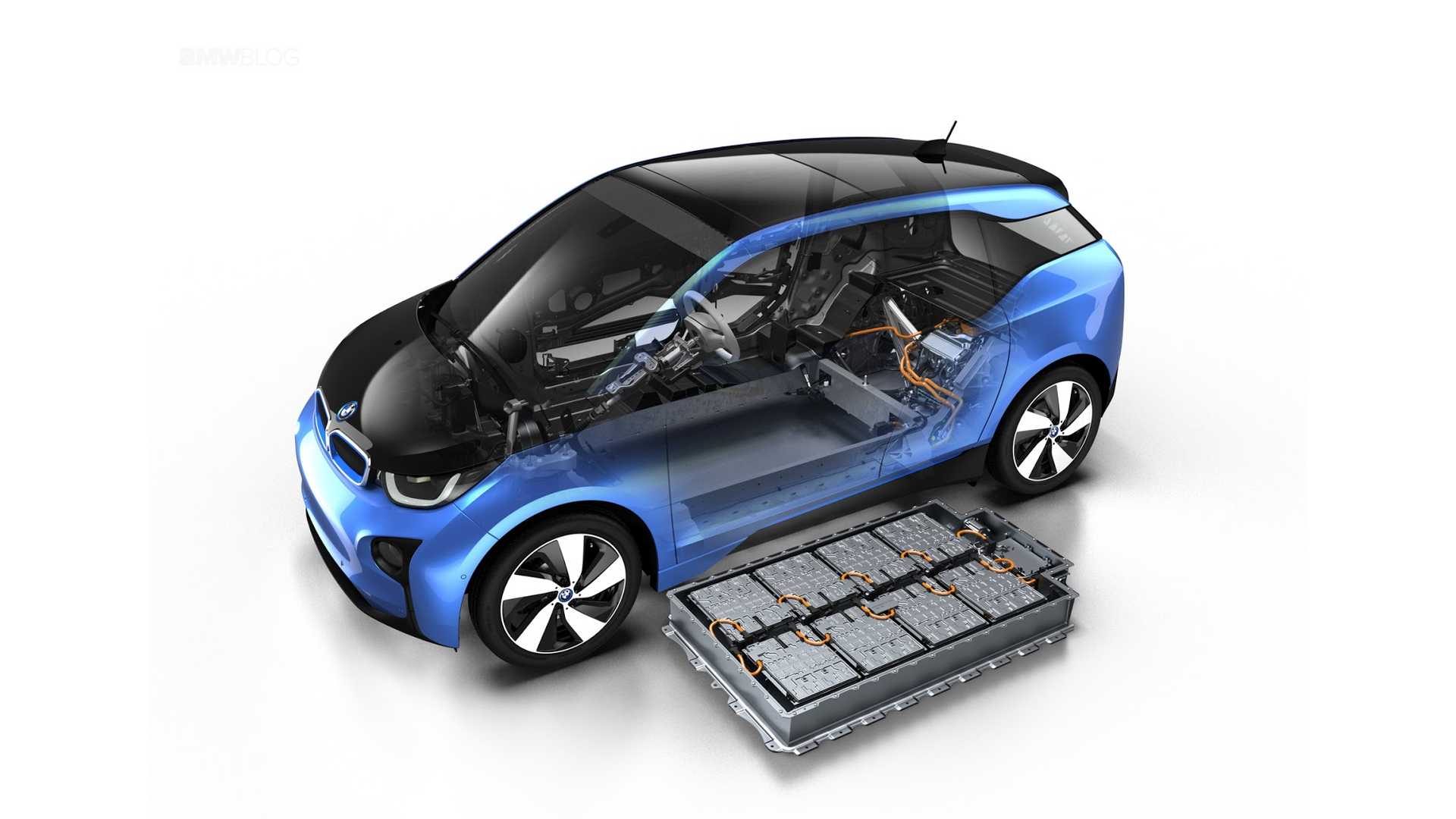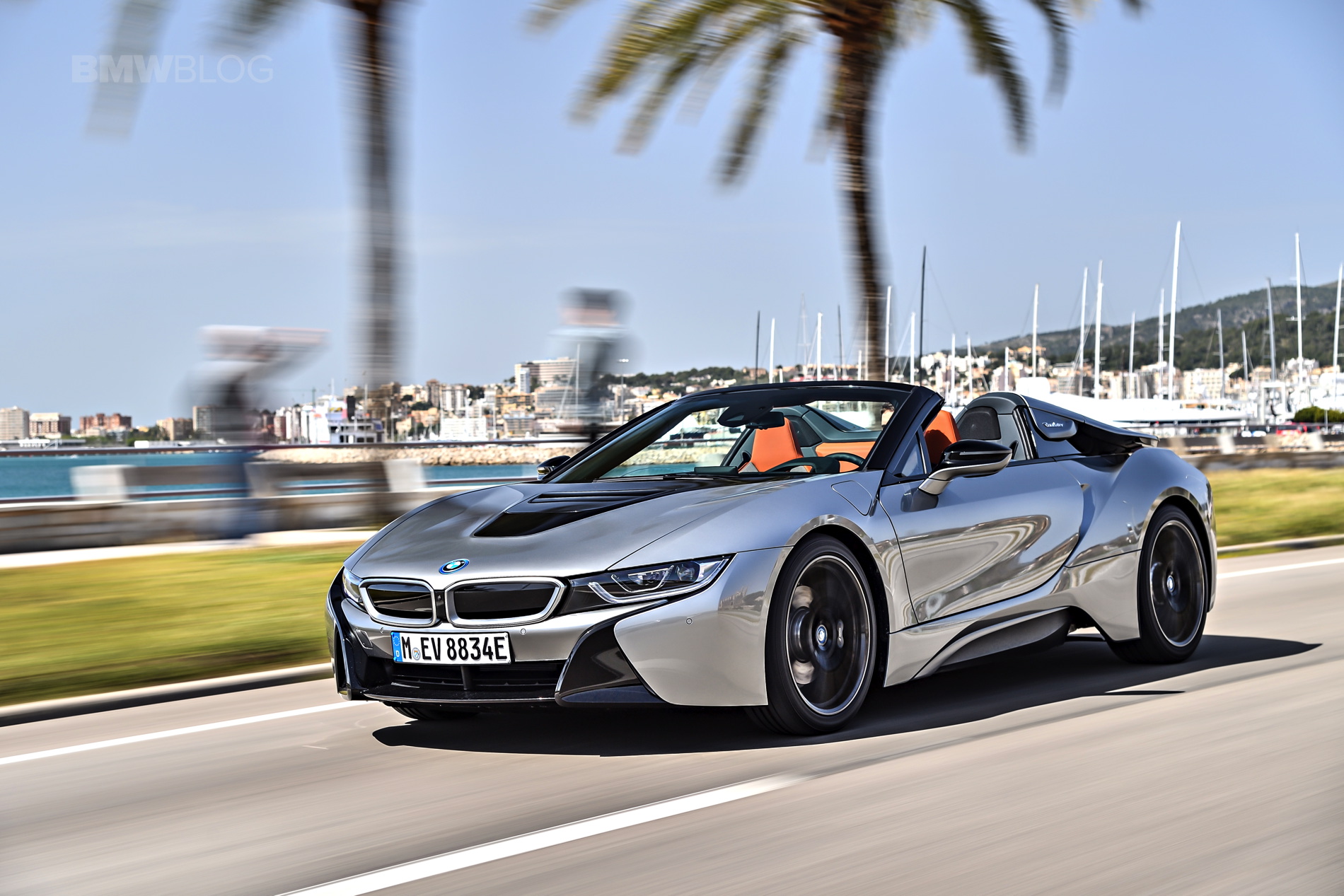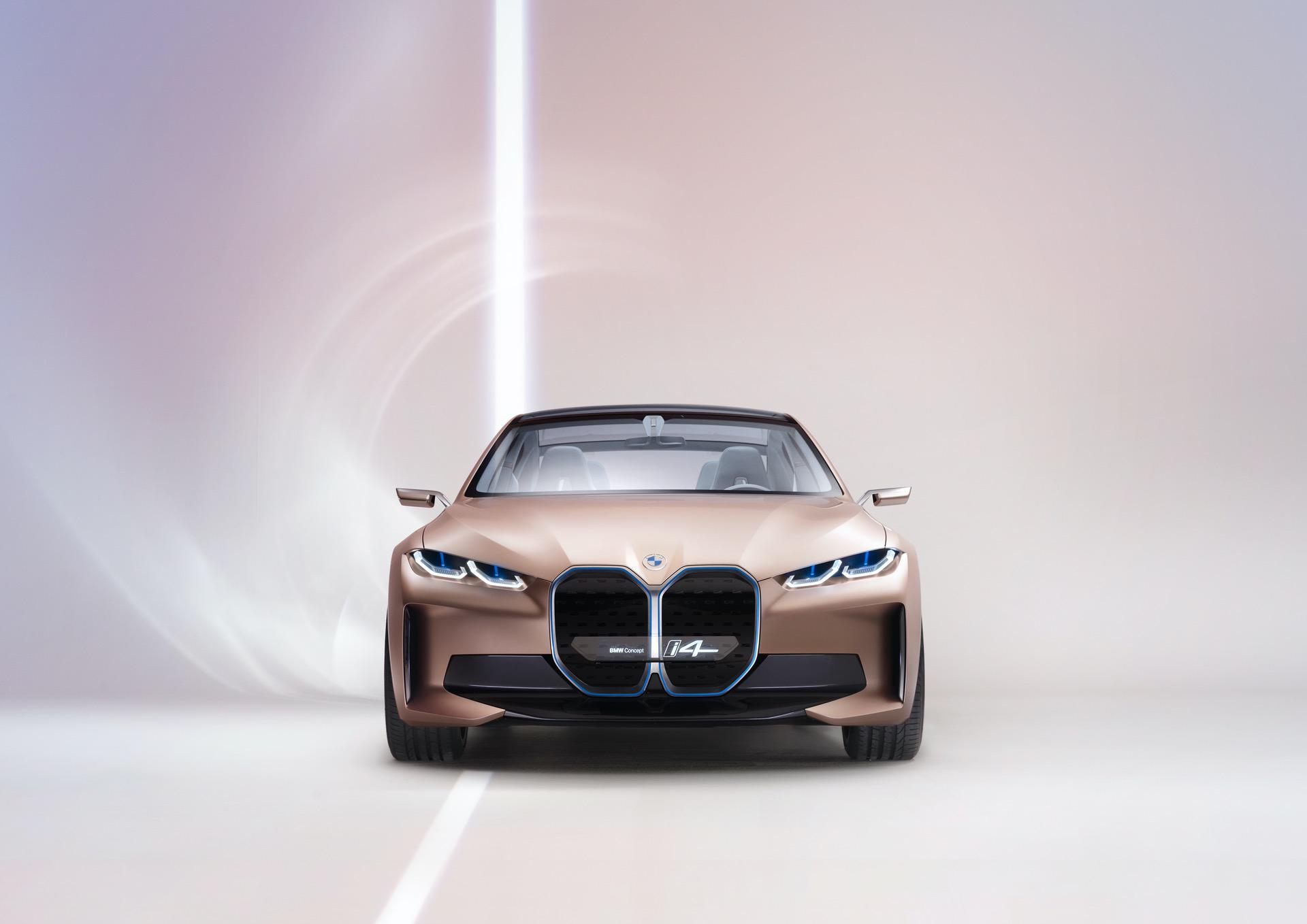BMW’s initial foray into the electric car world revolved around a dedicated and highly sophisticated platform. The carbon fiber architecture gave us the BMW i3 and i8 electrified cars. Those were the first mass-produced electric and plug-in hybrid models which made use of the lightweight, yet expensive carbon fiber.
But since cost plays an important role within BMW Group product planning, a new approach was put in place. A few years ago, the Bavarians announced new plans to build their future electric and plug-in hybrid models on a modular and flexible architecture.
Dubbed “The Fifth Generation Platform”, the new architecture will give them the full vertical stack: petrol, diesel, electric and hybrids. Naturally, there were some objections to those plans. Even within the company, some engineers believed that a fully dedicated electric platform – like Tesla’s – is the way forward.
Today, Reuters published an interesting report on the topic. According to respectable media outlet, and citing Germany’s Der Spiegel magazine, the BMW Works Council believes that BMW should shift course and establish a technology platform just for electric cars.
“Only with our own e-architecture can we fully exploit the advantages of an electric vehicle,” Manfred Schoch told Der Spiegel magazine.
Schoch brings up the Tesla example and said that even some BMW managers have pushed for a new electric strategy internally for some time. The pure electric platform would make cars lighter and give them a longer battery range and a bigger interior.
Reuters reached out to BMW but a spokesman said the company was currently “optimally positioned” and declined to comment on speculation about internal discussions.
For now, BMW’s flexible architecture plans are moving forward. This year, we will get the first fully-electric SUV – the BMW iX3 – followed in 2021 by the i4 and iNEXT. Additional electric vehicles and plug-in hybrids will arrive in the next few years.



